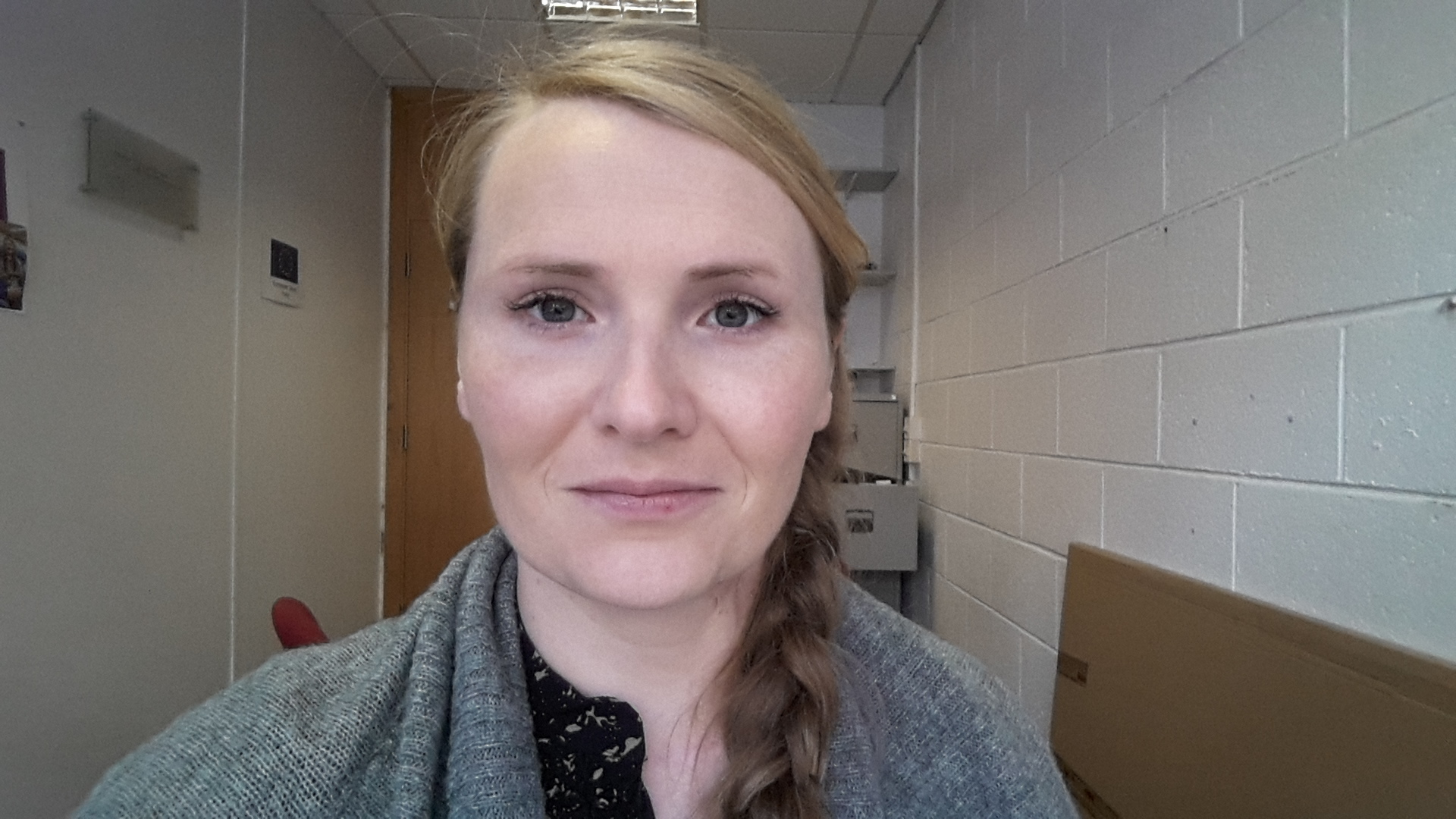Susan Madigan, an occupational therapist in DCU discusses the services that the Disability and Learning Support Service provide as well as sharing some of her top tips for managing and organising your workload.

1. Can you tell us about the disability service and what services the disability service provides?
The Disability and Learning Support Service is the portal through which you can access exam supports, learning supports and assistive technology, and practical everyday support with occupational therapy. We support 900 students with a variety of conditions, and many students have more than one condition. You can find out more here and email us for more information.
2. How can a student access the disability service?
We have offices on the Glasnevin and Henry Grattan Campuses. Normally, students make an appointment through our online booking system to meet with a member of staff, email or pop by the office to make an appointment. Students can also look at our website now or before meeting with staff.
3. How can a student register for the support service?
Arrange an appointment to register with one of our disability officers by emailing disability.service@dcu.ie Normally this is done in person, but during Coronavirus restrictions, we are meeting with students by Zoom or Google Hangouts. In order to complete registration, we need evidence – a letter from a clinical psychologist or
psychiatrist stating your diagnosis. You can register at any time during your studies, but we encourage you to register as soon as possible, to get any supports that you may need.
4. What is your role within DCU’s Disability Service
I’m one of the two Occupational Therapists (OTs). You find OTs in Disability Services, because we facilitate people in doing the things they want and need to do. The OTs support students to manage the occupations and activities of student life. OT Support is student-centred – that means meetings are driven by the student. The OT and student work together to come up with individually tailored strategies and ideas. Occupational Therapy is more of a ‘doing’ therapy than a talking therapy, so a typical session will be practical and action-focused.
“Thank you so much for this morning’s appointment – I feel quite relieved after it, and have already begun making changes to help prioritize and feel less overwhelmed”
Computing Student
5. What tips would you give to a student who is struggling to organise their workload?
Write down all the assignments you have, what order they are due, and how much they are worth. Decide which one to begin with – usually the one due first, and make a start by opening a word document and putting the title in if you haven’t already. Try to decide what’s reasonable to do today i.e. question 1, or 500 words. Do that. Then take a break. Then after your break decide what you want to do. Before finishing up for the day, make a brief plan for the next day. This helps reduce worry and procrastination.
6. Is there anything you would recommend a student can do if they are feeling stressed or anxious?
Write down your worries, and any solutions if relevant. This should make you feel less stressed. Try deep breathing, which makes the whole body relax, or try some sensory strategies such as deep pressure, or listening to classical music, to help the body and mind calm down.
Consider using professional supports available in the college 12 months of the year, such as occupational therapy in the Disability Service, or meet a counselling psychologist in the Counselling service. The counselling service also have some great resources on managing stress and anxiety.
7. How can a student manage their time when they are transitioning into university life?
Use a diary/planner or your google calendar which syncs with your student email. Make note of all your lectures and tutorials, society meetings, and any other regular meetings. Now try to decide when is a good time to study, and add that to. You will be more likely to use your time well, and less likely to procrastinate if you timetable study in to the week. Try to think about college as a 9-5 job, where you can get some or even most of
your work done in the working day. If you are struggling to manage your time well, attend a workshop on time management, look at the resources on Discover DCU, or meet with one of the OTs for support.
8. Have you any tips for students managing their wellbeing when they are transitioning into college?
Do what works for you – try not to take on too much with social, clubs and socs, paid work, and commuting to college. This can cause a lot of stress for students. Don’t do too much of one thing such as studying, social, gaming or working. Not enough balance can lead to a drop in our well being.
Do things that do boost your wellbeing, such as keeping in touch with friends, getting regular exercise if you can, and taking up mindfulness. Meditation has been shown to improve mental health and even test scores! Meditation could include yoga, colouring books, walking or a mindful meditation. There is something for everyone! If you find you are struggling to get the right balance, do talk to someone – a friend or family member, or someone in student advice, counselling or the disability service.
Additional information
If you would like to learn more about the work that Susan does you can watch AsIAm’s community support webinar on “Structuring an Unstructured World” with Susan here.


 Back
Back